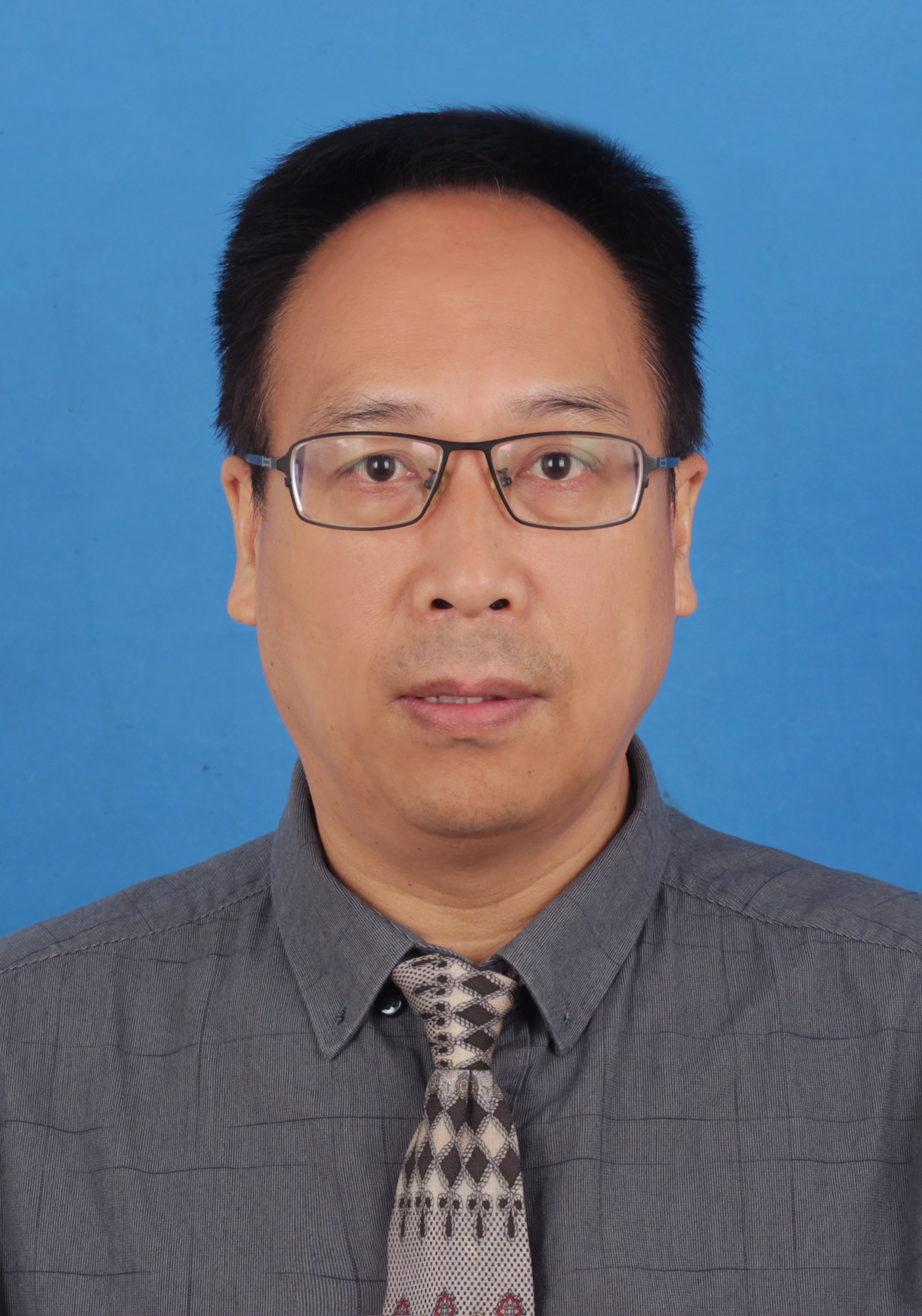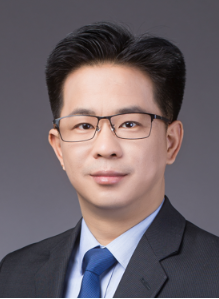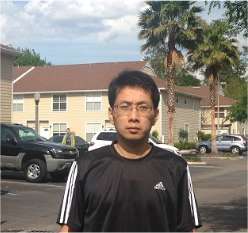

Prof. Xuedao Shu, Ningbo University, China
束学道教授,宁波大学
Title: Rolling forming technology and application of parts
Abstract: The rolling forming technology of parts uses the rolling method to produce machine parts, which is the crossover, extension and development of metallurgical rolling technology and machining technology. It has the advantages of high efficiency, low consumption and cleanliness, and has a positive effect on the realization of a conservation-oriented society. This paper systematically expounds the rolling forming technology and its advantages, analyzes the technical characteristics of different rolling forming parts in detail according to the different types of parts, summarizes the technological innovation and research results, and provides strong technical support for realizing the independent innovation of near-net forming of core basic parts and promoting the progress of plastic forming technology.
Brief Introduction: Shu Xuedao, a level-2 professor and doctoral supervisor, is the director of the Science and Technology Innovation Center of CEEC Economic and Trade Cooperation Institute of Ningbo University, and the head of Mechanical Disciplines and Degree Programs.
He has carried out applied basic research in the direction of precise plastic forming of parts for more than 23 years, and established a new system of integrated control theory of rolling shape and property of parts:
(1) The new closed-open combined rolling process and the method of inhibiting the concave center at the end of the rolled piece by special-shaped end blank were innovated, and the cross wedge rolling (CWR) forming theory of small or no head was established. The efficient near-net forming of parts was realized, and the material utilization rate was increased to more than 95 %.
(2) The traditional concept based on mold forming is broken. Through the multi-degree-of-freedom active control tooling, the short-process flexible forming of different shape feature components is realized flexibly. The short-process flexible forming controllability theory of rotary parts is established, which effectively solves the problem that the traditional mold forming manufacturing is difficult to meet the needs of multi-specification parts, and realizes the precision forming of high-end equipment rotary parts such as high-speed rail axles and aero-engine turbine shafts.
(3) The cross multi-wedge rolling method for rolling parts simultaneously and the multi-wedge synchronous rolling theory of large-scale long-axis is innovated and established, which expanded the forming range of parts. It solves the difficulties of large roll diameter and large equipment required for CWR of long shaft parts, and realizes the precise manufacturing of large long shaft parts such as train axles and automobile half shafts.
In the above research work, he has presided over more than 30 projects such as the National Natural Science Foundation of China, the Outstanding Youth Fund of Zhejiang Province, the Key Project of Zhejiang Province Fund, and the China-Poland International Cooperation and Exchange Project. He was awarded one second prize of National Scientific and Technological Progress, three provincial and ministerial awards and one municipal award as the main completer. A total of eight provincial, ministerial and municipal awards such as the second prize for technological invention in Zhejiang Province were awarded to the first complete person. He has authorized 55 national invention patents and transferred 13 patents, published nearly 200 SCI / EI papers, and published 7 monographs such as "Theory and Forming Technology of Cross Wedge Rolling" and " Theory and Application of Multi-Wedge Synchronous Rolling of Cross Wedge Rolling". He has won many provincial and ministerial honors, such as Outstanding Young and Middle-aged experts in Zhejiang Province, Outstanding Youth in Zhejiang Province, Outstanding Scientific and Technological workers of China Machinery Industry Federation, and many municipal honors, such as Ningbo Yongjiang scholar, Ningbo Outstanding Contribution Expert, Ningbo's first batch of Excellent Teachers, Ningbo's Most Excellent Science and Technology Dream Pursuer. He is the director of the Key Laboratory of Parts Rolling and Forming Technology Research in Zhejiang Province, the director of the Plastic Engineering Branch of the Chinese Society of Mechanical Engineering, the director of the Zhejiang Society of Mechanical Engineering, the editorial board of Metals journals, and other academic part-time jobs, with a high academic status and international influence.

Prof. Xingjian Wang, Beihang University, China
王兴坚教授,北京航空航天大学
Title: Fault Diagnosis and Performance Degradation Prediction of Electro-hydraulic Proportional Servo Valve
Abstract:
High-performance hydraulic valves are core control components in hydraulic systems of advanced equipment such as intelligent construction machinery, defense equipment, and robots. Online monitoring of their service performance, real-time fault detection, and performance degradation prediction are crucial for ensuring the safe, stable, and efficient continuous operation of these systems.
This study focuses on electro-hydraulic proportional servo valves. A fault diagnosis method based on multi-sensor information fusion is employed to address various typical faults. An enhanced weighted voting mechanism is used to integrate diagnostic information from different sensors at the decision level. By adjusting the weight regulation parameters, the weights of each sensor are reasonably allocated to provide more reliable and accurate fault diagnosis results. Considering the issue of fault feature distribution shift under varying operating conditions, an improved joint distribution adaptation method is proposed for variable condition diagnosis.
For performance degradation representation, multi-dimensional input-output information is used to construct a composite space that allows real-time depiction of the degradation state. Performance degradation prediction under variable operating conditions is achieved by employing an adaptive particle filter algorithm. This approach combines the physical failure model with historical data and uses the EM algorithm to continuously update particle weights, ensuring accurate prediction of performance degradation.
Brief Introduction: Xingjian Wang received his Ph.D. and B.E. degrees in Mechatronic Engineering from Beihang University, China, in 2012 and 2006, respectively. From 2009 to 2010, he was a visiting scholar in the School of Mechanical Engineering, Purdue University, West Lafayette, IN, US. He is currently with the School of Automation Science and Electrical Engineering, Beihang University, Beijing, China. His research interests include nonlinear control for mechatronic systems, fault diagnosis and fault-tolerant control, biomechatronics and bio-inspired robotics. He has published over 100 papers. His research has been supported NSCF and other grants in China.
He is the Secretary-General of Industry Committee of Fluid Power Transmission and Control Institution (FPTCI), China Mechanical Engineering Society (CMES), the Deputy Director-General of Organization of Aviation Utility Systems (AUS), Chinese Society of Aeronautics and Astronautics (CSAA).

Prof. Haiquan Zhao , Southwest Jiaotong University, China (CIE&IEEE Senior Member)
赵海全教授,西南交通大学
Title: : Active noise control based on computational intelligence
Abstract:
In recent years, the active noise control (ANC) has been proven to be an effective method for eliminating low frequency noise.
The conventional filter-x least mean square (FxLMS) is a prevalent control algorithm for active noise control (ANC). Nevertheless, its derivation relies on gradients, rendering the performance of ANC prone to the influence of local minimum problem. Besides, identifying the secondary path in advance is a requirement for implementing the conventional FxLMS algorithm. To ovecome these problems, we propose a novel adaptive ANC system using an online genetic algorithm (GA) by recasting ANC as an optimization problem.
Brief Introduction: Zhao Haiquan is a Doctor of Engineering, Professor, and Doctoral Supervisor. He is also an IEEE Senior Member and CIE Senior Member, as well as an Elsevier Highly Cited Researcher. For many years, he has consistently ranked in the top 2% of the world's top scientists. Additionally, Zhao Haiquan serves as the Academic and Technical Leader of Sichuan Province and is recognized as an Outstanding Expert with Exceptional Contributions in the same province.
He has received several prestigious awards, including the Sichuan Outstanding Youth Fund and is a Core Member of Sichuan Youth Science and Technology Innovation Team. Among his notable accomplishments are winning 5 provincial and ministerial awards such as the first prize of CAA Natural Science from the Chinese Society of Automation, along with receiving the second prize of the Ministry of Education's Science and Technology Progress Award. Furthermore, he has been honored with Tang Lixin Outstanding Scholar Award
In addition to his accolades, Zhao Haiquan holds significant positions within various organizations such as being appointed Executive Director of the Provincial Federation of Science and Technology. He is also a member of both The Sichuan Youth Federation; moreover having selected for executive directorship at Chengdu Municipal Knowledge Federation.
Professor Zhao's research interests include pattern recognition and artificial intelligence (equipment fault diagnosis, deep learning); distributed adaptive filtering network; Nonlinear adaptive filtering: adaptive Volterra filter, kernel adaptive filter, neural network adaptive filter, etc.; Adaptive Signal Processing Theory; DC-DC modeling and system identification; active noise control; Power Quality Control - Adaptive Harmonic Suppression and Active Power Filter (APF); DSTATCOM adaptive control; identification of low-frequency oscillation mode; Intelligent signal processing and its application in power systems.